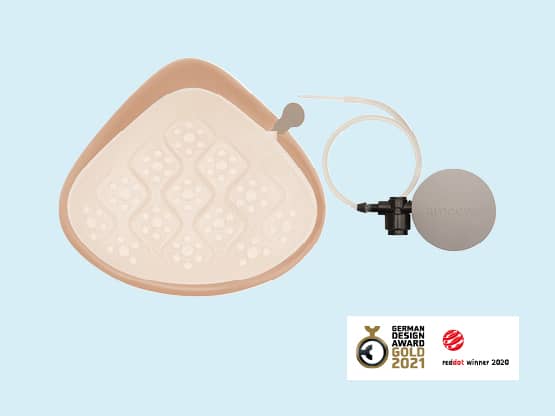Vitamin D and Sunlight
Does this natural vitamin really help in the fight against breast cancer?
Researchers have been studying the effects of vitamin D – and vitamin D deficiency – on the risk of breast cancer in the last several years. Both 2008 and 2011 saw significant reports from researchers that women who were vitamin D-deficient had an increased risk of developing breast cancer.
Since that time, more trials have been done and the results have been somewhat mixed. Most experts still recommend that everyone get enough D, either from sun exposure or, if that is impossible, then from supplements. Others warn that supplementation might not have any health benefit at all for breast cancer prevention and can be a risk for other problems, like an over-absorption of calcium or skin cancers.
So, what’s the best tactic?
First, this is an important discussion to have with your healthcare team. A simple blood test can determine what your levels of vitamin D actually are.
The most natural way that everyone can get their vitamin D is to get outdoors. The human body makes vitamin D automatically from sunlight on exposed skin. Surprisingly, it is better to do this in the warmer months of summer (for brief periods of time – half the time it takes your skin to begin turning pink), according to the U.S.-based Vitamin D Council. In the winter, the angle of the sun is typically too low to produce the necessary UVB-rays needed for vitamin D production. Vitamin D is also found naturally in oily fish like salmon, tuna and mackerel, and in some fortified foods, though the amount in food isn’t enough to meet standard daily requirements.
Managing D-pression
Time outside in the winter can be good for another reason – keeping depression at bay. Vitamin levels aside, a moment in the sun generally boosts your mood and your energy, and can even help alleviate or prevent depression. The endorphin release of a quick walk or a big breath of fresh air makes you feel good, no matter what time of year it is.
Resources:
http://www.vitamindcouncil.org/
http://ww5.komen.org/BreastCancer/FactorsUnderStudy.html#Vitamin-D







